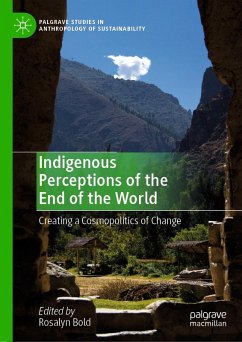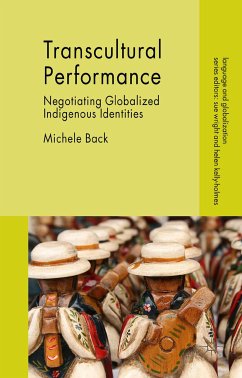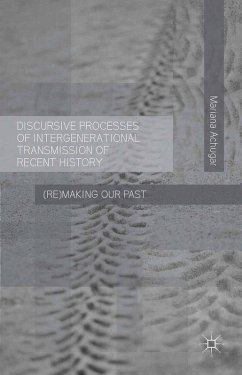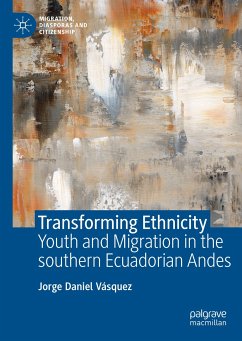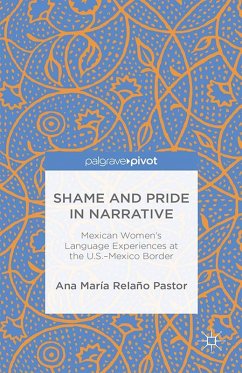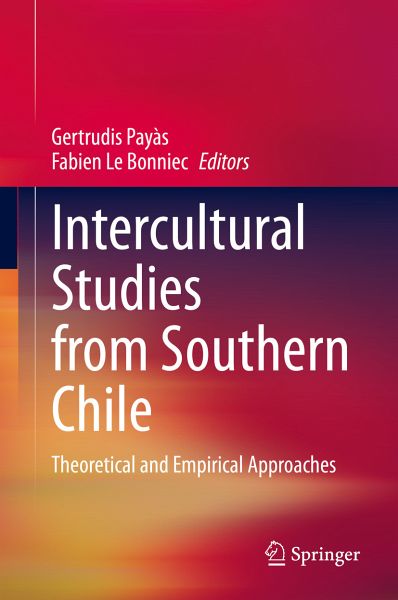
Intercultural Studies from Southern Chile (eBook, PDF)
Theoretical and Empirical Approaches
Redaktion: Payàs, Gertrudis; Le Bonniec, Fabien
Versandkostenfrei!
Sofort per Download lieferbar
40,95 €
inkl. MwSt.
Weitere Ausgaben:

PAYBACK Punkte
20 °P sammeln!
This book presents a multidisciplinary overview of a little known interethnic conflict in the southernmost part of the Americas: the tensions between the Mapuche indigenous people and the settlers of European descent in the Araucania region, in southern Chile. Politically autonomous during the colonial period, the Mapuche had their land confiscated, their population decimated and the survivors displaced and relocated as marginalized and poor peasants by Chilean white settlers at the end of the nineteenth century, when Araucania was transformed in a multi-ethnic region marked by numerous tensio...
This book presents a multidisciplinary overview of a little known interethnic conflict in the southernmost part of the Americas: the tensions between the Mapuche indigenous people and the settlers of European descent in the Araucania region, in southern Chile. Politically autonomous during the colonial period, the Mapuche had their land confiscated, their population decimated and the survivors displaced and relocated as marginalized and poor peasants by Chilean white settlers at the end of the nineteenth century, when Araucania was transformed in a multi-ethnic region marked by numerous tensions between the marginalized indigenous population and the dominant Chileans of European descent.
This contributed volume presents a collection of papers which delve into some of the intercultural dilemmas posed by these complex interethnic relations. These papers were originally published in Spanish and French and provide a sample of the research activities of the Núcleo de Estudios Interétnicos e Interculturales (NEII) at the Universidad Católica de Temuco, in the capital of Araucania. The NEII research center brings together scholars from different fields: sociocultural anthropology, sociolinguistics, ethno-literature, intercultural education, intercultural philosophy, ethno-history and translation studies to produce innovative research in intercultural and interethnic relations. The chapters in this volume present a sample of this work, focusing on three main topics:
- The ambivalence between the inclusion and exclusion of indigenous peoples in processes of nation-building.
- The challenges posed by the incorporation of intercultural practices in the spheres of language, education and justice.
- The limitations of a functional notion of interculturality based on eurocentric thought and neoliberal economic rationality.
Intercultural Studies from Southern Chile: Theoretical and Empirical Approaches willbe of interest to anthropologists, linguists, historians, philosophers, educators and a range of other social scientists interested in intercultural and interethnic studies.
Dieser Download kann aus rechtlichen Gründen nur mit Rechnungsadresse in A, B, BG, CY, CZ, D, DK, EW, E, FIN, F, GR, HR, H, IRL, I, LT, L, LR, M, NL, PL, P, R, S, SLO, SK ausgeliefert werden.




